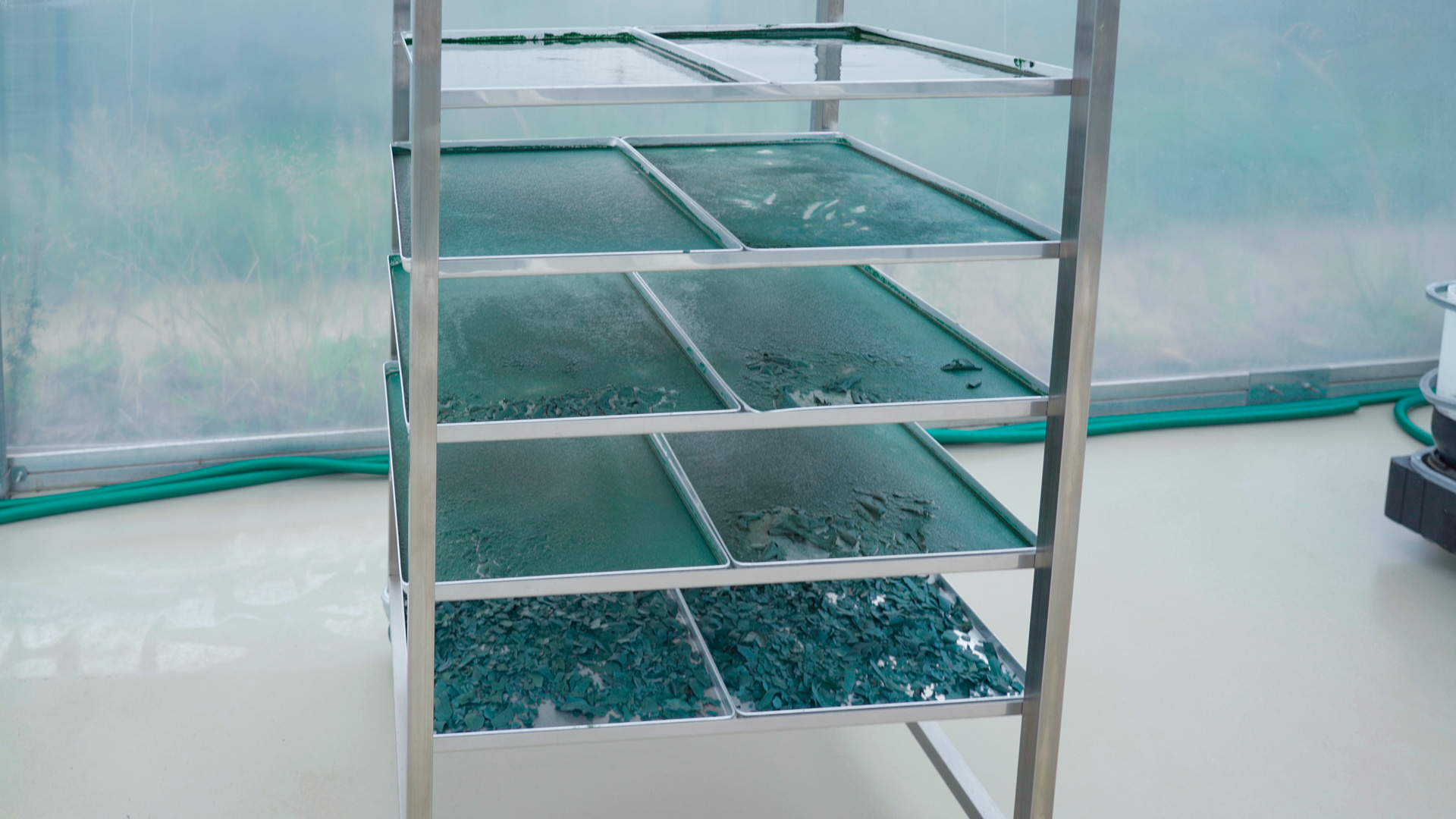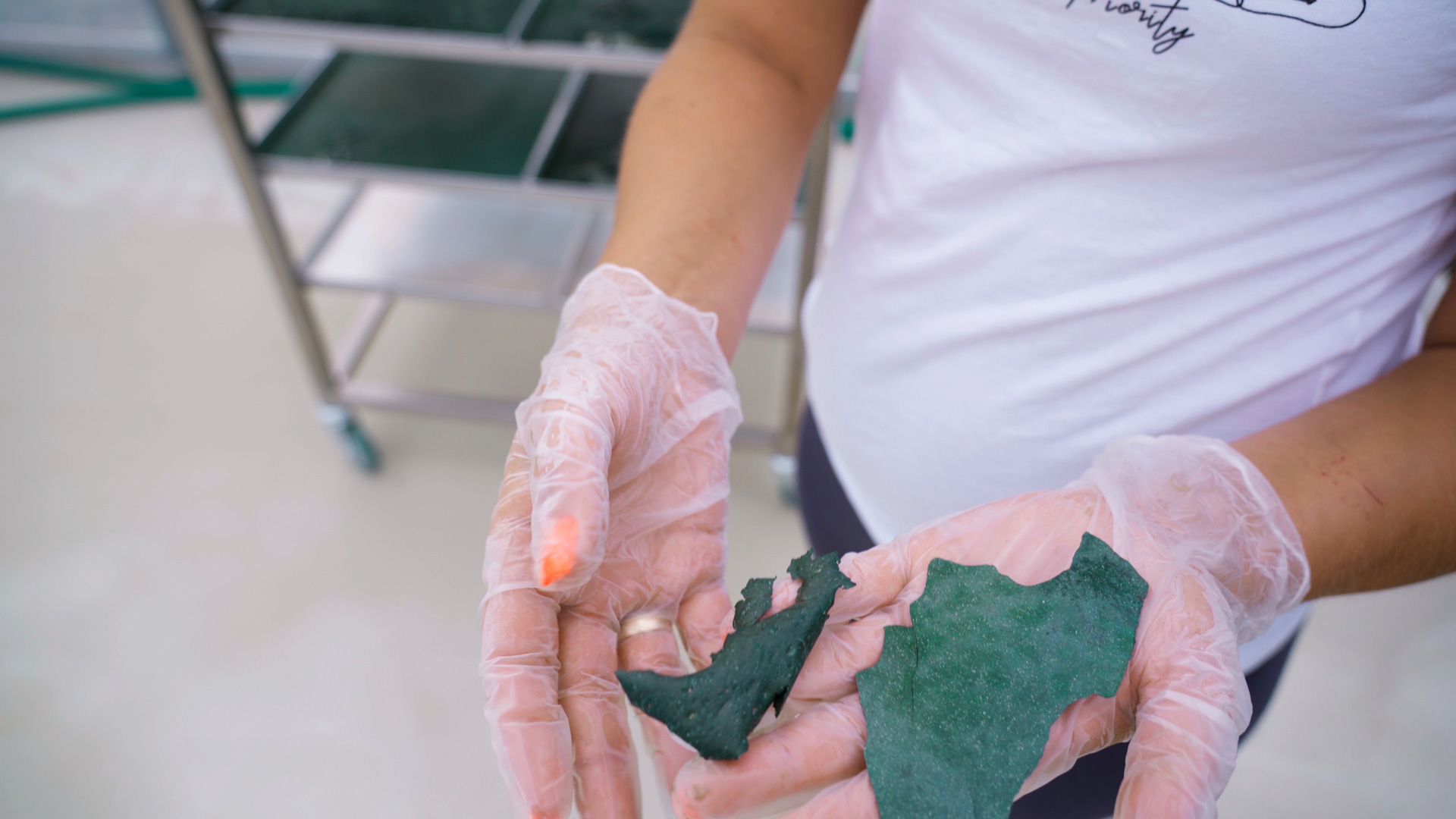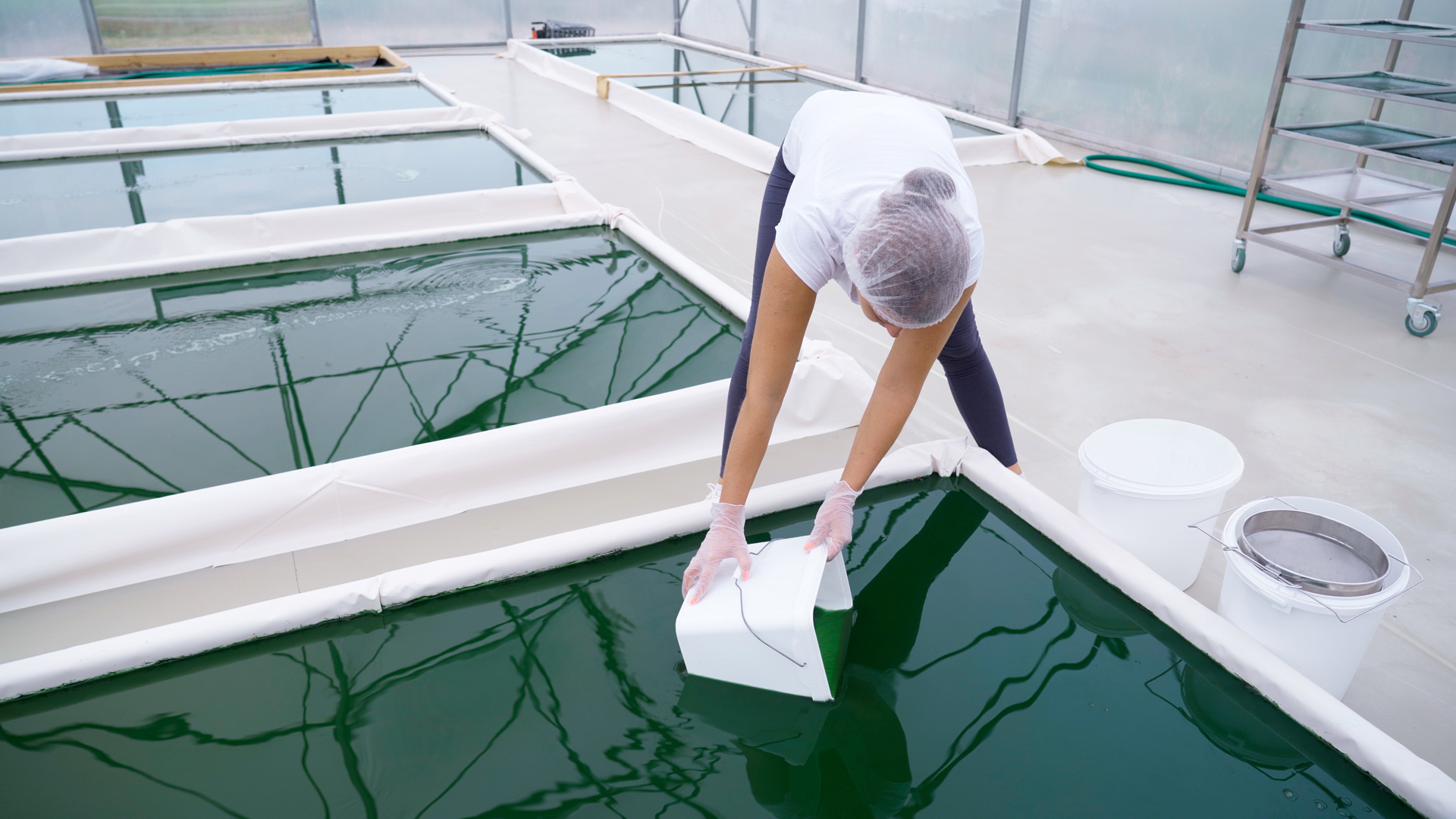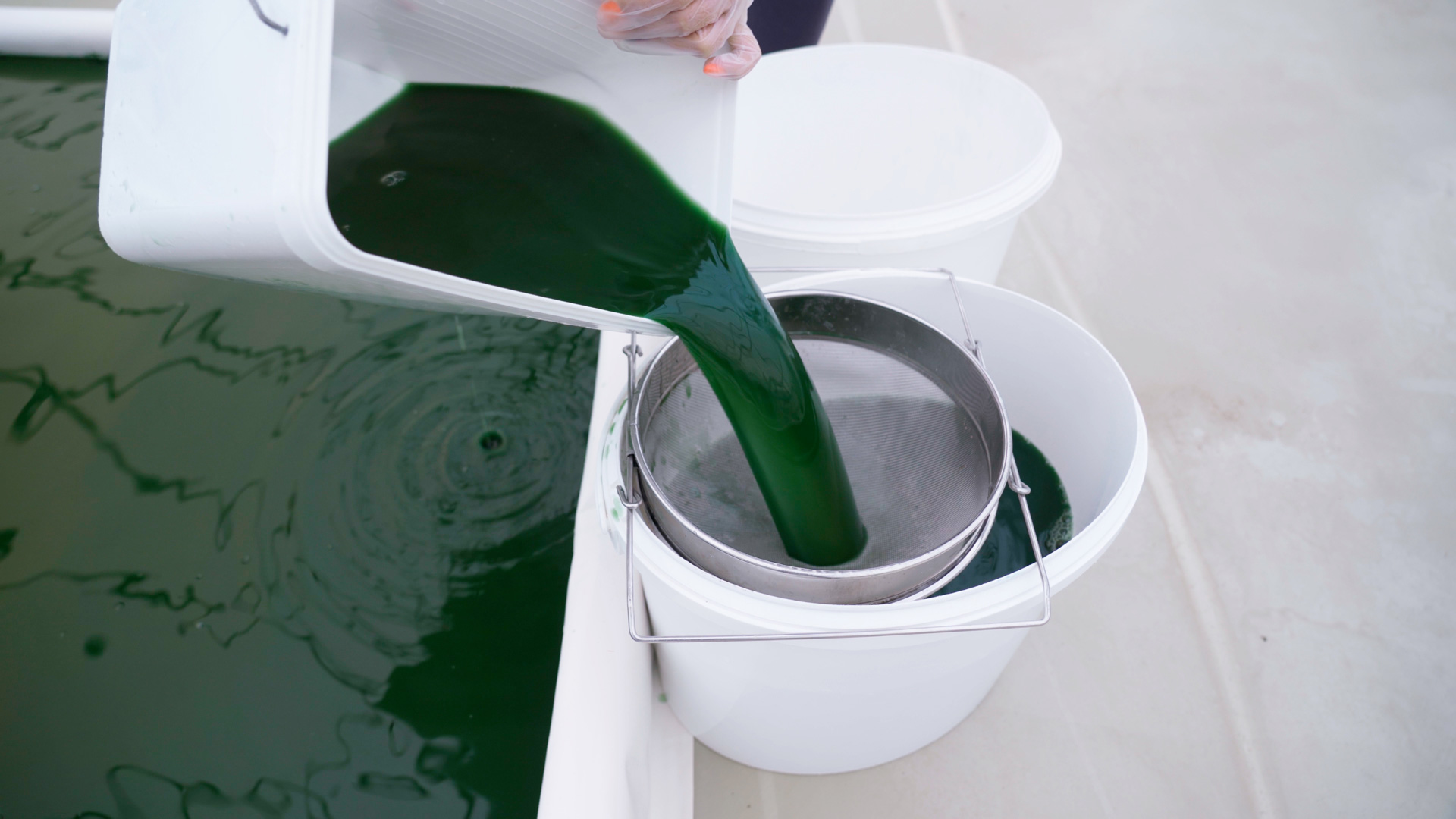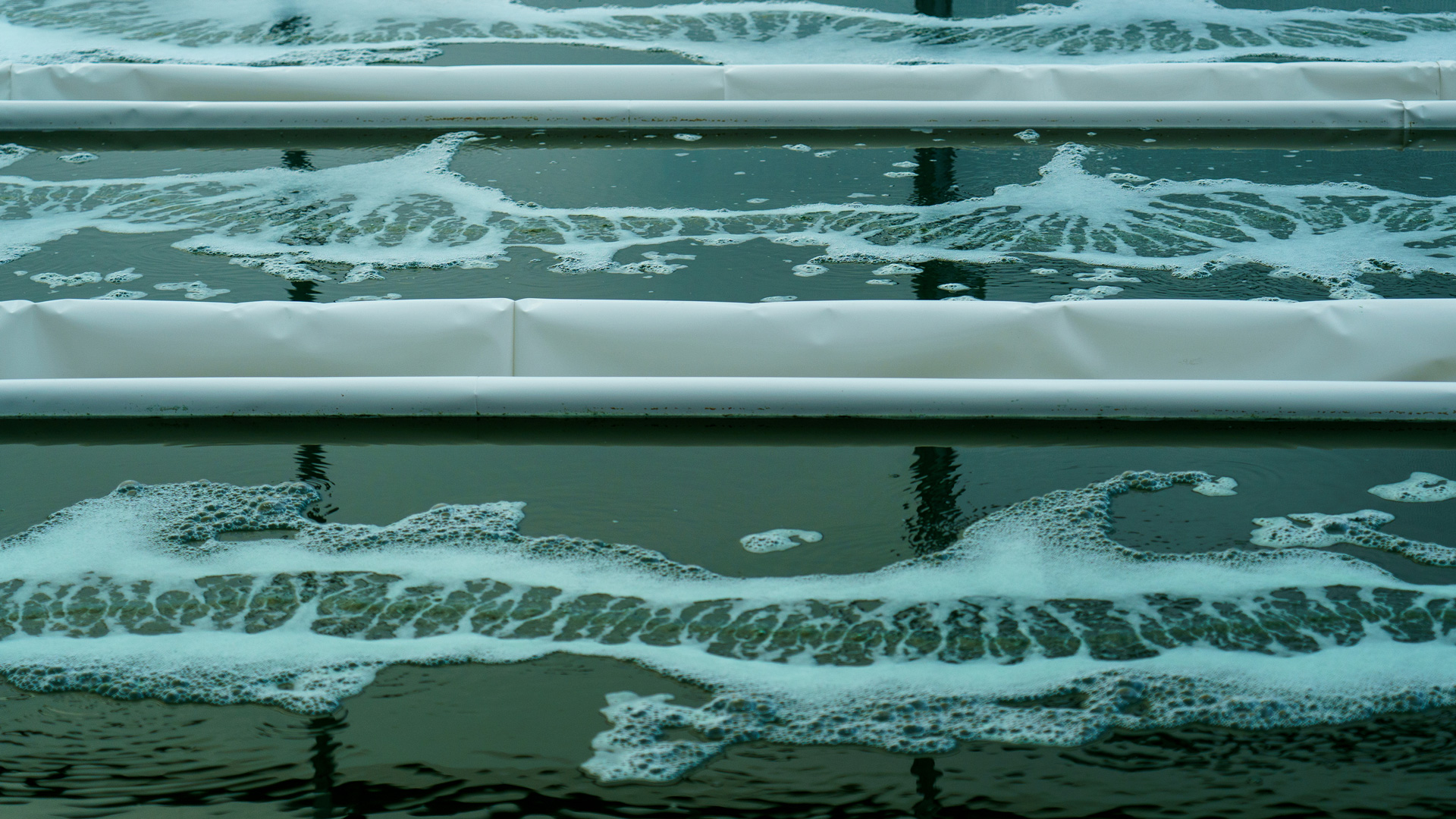Algae products are used as food by humans, animals or other farm animals. They can successfully replace many synthetic drugs and substances used in food, livestock and other industries (cosmetology, biofuel production, etc.).
The possibilities of algae are endless. Their prevalence and development is determined by many hydrological, hydrophysical, hydrochemical and biological factors. Only knowing all these factors, we can successfully grow algae and force them to synthesize the biologically active substances we need and make preparations from them.
Algae are often used in biotechnological processes. Nature has endowed algae with extraordinary vitality. Many types of algae in the artificial conditions created for them grow very quickly, they can reproduce several times a day.
Compared to terrestrial plants, algae grows much faster. They contain many biologically active and other organic substances necessary for the normal formation and functioning of the body - this contributes to the formation of a new industry of growing algae and their processing into various additives and additives.
Algae are rich in compounds that neutralize free radicals accumulated in the animal's body and have antioxidant properties. These are vitamins, enzymes, coenzymes, carotenoids, flavonoids, pigments. Algae supplements are much more effective in the nutrition of both humans and animals than other natural substances, because they are easier to digest, biologically active substances are more easily integrated into the enzyme system of the body, promote hematopoiesis, improve development, growth, and strengthen the body's immune system, activate antioxidants and enzymatic processes. Residual materials of algal biomass can always be used for the production of biogas and other types of fuel and fertilizers, therefore the algal industry can be called waste-free production.
Algae production uses a lot of carbon dioxide, which is emitted into the atmosphere by cars and refineries that burn oil, gas and coal. The ambient carbon dioxide can always be directed to bioreactors, and instead the carbon dioxide will pollute the environment, promoting algae growth and benefits. Algae oil and starch can be used in the biofuel industry. One kilogram of dry algae biomass takes up to 10 kilograms of carbon dioxide.
In order to at least partially replace limited natural resources (oil, gas, etc.), it is necessary to create and develop technologies that allow more efficient use of renewable energy sources. The hopes for the development of renewable energy sources are often linked to the use of biomass. Algae are naturally endowed with special vitality: they multiply especially quickly, they can survive for a long time without food, and when living conditions improve, they accumulate food reserves for the future. Some algae build up food in the form of starch or oil.
The oil and starch accumulated by algae is easily processed into biofuels. By creating optimal conditions for algae, oil and starch can account for half or more of the dry algae biomass. Oil and starch extracted from algae are the best raw materials for the production of bioethanol or biodiesel. After removing the starch or oil from the algae, the algae biomass remains, which can be used for the production of various feed additives.
When algae grow naturally, they often lack nutrients, light for photosynthesis, and carbon dioxide. When growing algae under cultivation, all of these obstacles are easily removed. Optimum conditions for the growth of algae can be created. Algae are grown in a closed-type bioreactor. Algae biomass, rich in vitamins, amino acids, saturated and unsaturated fatty acids, carbohydrates, pigments, minerals and other organic compounds, is used in the production of preparations. Algae products are used as food by humans, animals or other farm animals. They can successfully replace many synthetic drugs and substances used in food, livestock and other industries (cosmetology, biofuel production, etc.).
Cultivated algae can be marketed as a raw material or as an end product.
Raw materials can be sold to other processors and for the production of feed, food additives, food additives for various people and animals. Also for interested parties who manufacture alternative products using algae oil and starch.
We have been devoting many years to the development of algae cultivation technologies, scientific and practical research. We believe that our work is timely and promising, thanks to which a new branch of technology - algal biotechnology - can begin to form in the country.



